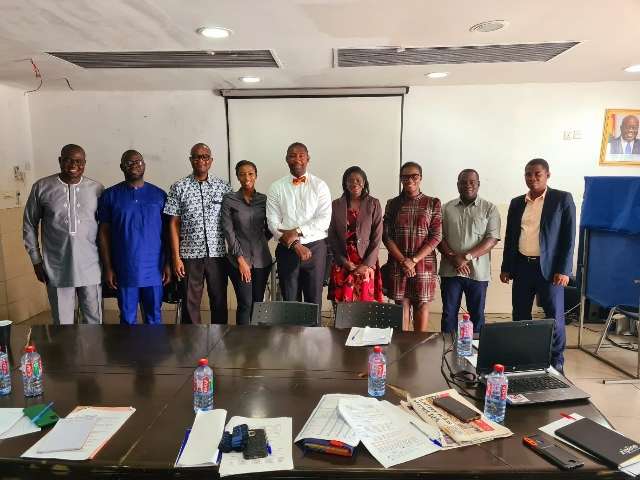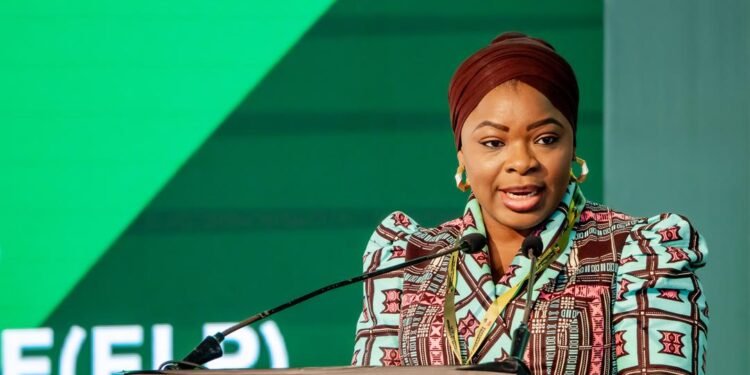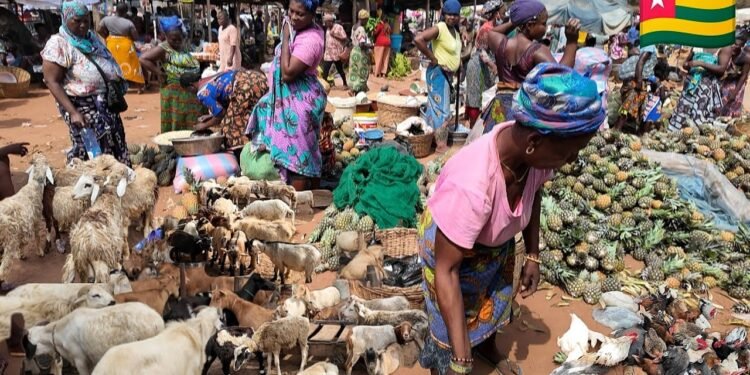The World Bank Group has disclosed that it is offering the National Health Insurance Authority (NHIA) USD 27.7 million to increase the National Health Insurance Scheme (NHIS) annual active membership.
According to the World Bank, the grant will also help to facilitate claims processing and payments for primary health care providers comprising CHPS, Health Centres and Maternity Homes under the Primary Health Care Improvement Program for Results (PforR).
The monumental programme is financed through a World Bank facility with co-financing grants from the Global Financing Facility (GFF), Canada, the UK Foreign Commonwealth and Development Operation (FCDO), and the GaviAlliance.
The programme will be implemented for four years. The funding is allocated based on the Disbursement Linked Result (DLR) achieved per the Disbursement Linked Indicators (DLIs) of the programme.
The DLIs, under the programme, include increase in the membership of the NHIS, increase in the enrollment of vulnerable populations in the Scheme and improvement in claims processing and payment for the primary healthcare facilities.
The NHIA in partnership with the Ministry of Health, Ghana Health Service, and the Health Facility Regulatory Authority (HeFRA), under the facility, are to improve on relevant aspects of accreditation of health care providers, monitoring, and financing of primary healthcare services.
The NHIA and the Social Protection Directorate of the Ministry of Gender, Children, and Social Protection (MoGCSP) collaborative effort will boost the enrolment of indigent populations, including orphans, the disabled, widows, women, and children in the Scheme.
This will be done through linkage with the National Household Registry which is also supported by the World Bank.
Government of Ghana’s Strategy for Strengthening Primary Health
The Primary Health Care Investment program will support the Government of Ghana’s strategy for strengthening primary health care at the sub-district level and improving the accessibility and quality of essential health services. The Health Program will also support networking of primary health care services, and strengthen key management and financing systems, closely coordinated with the PFM Program. It will support improvements in coverage of the National Health Insurance Scheme, including for poor and vulnerable groups, and in its financing of primary health care services.
The Program will benefit users of health services at the community level and by Health Centers as it enhances quality and access to key services, including maternal health care, child immunization, and management of chronic diseases.
Meanwhile, this is not the only instance where the World Bank Supports Ghana to Improve Primary Health Care, Resource Mobilization, and Accountability for Better Service Delivery. Last year, the World Bank approved $300 million of International Development Association (IDA) support for the Public Financial Management (PFM) for Service Delivery Program ($150 million) and the Primary Health Care Investment Program ($150 million) to help Ghana improve public resource mobilization and accountability for better service delivery and the quality and equity of primary health care.
The Primary Health Care Investment Program was co-financed by $31 million in grants by the Global Financing Facility (GFF), including $16 million to restore and protect essential health services amid multiple crises, including COVID-19.























